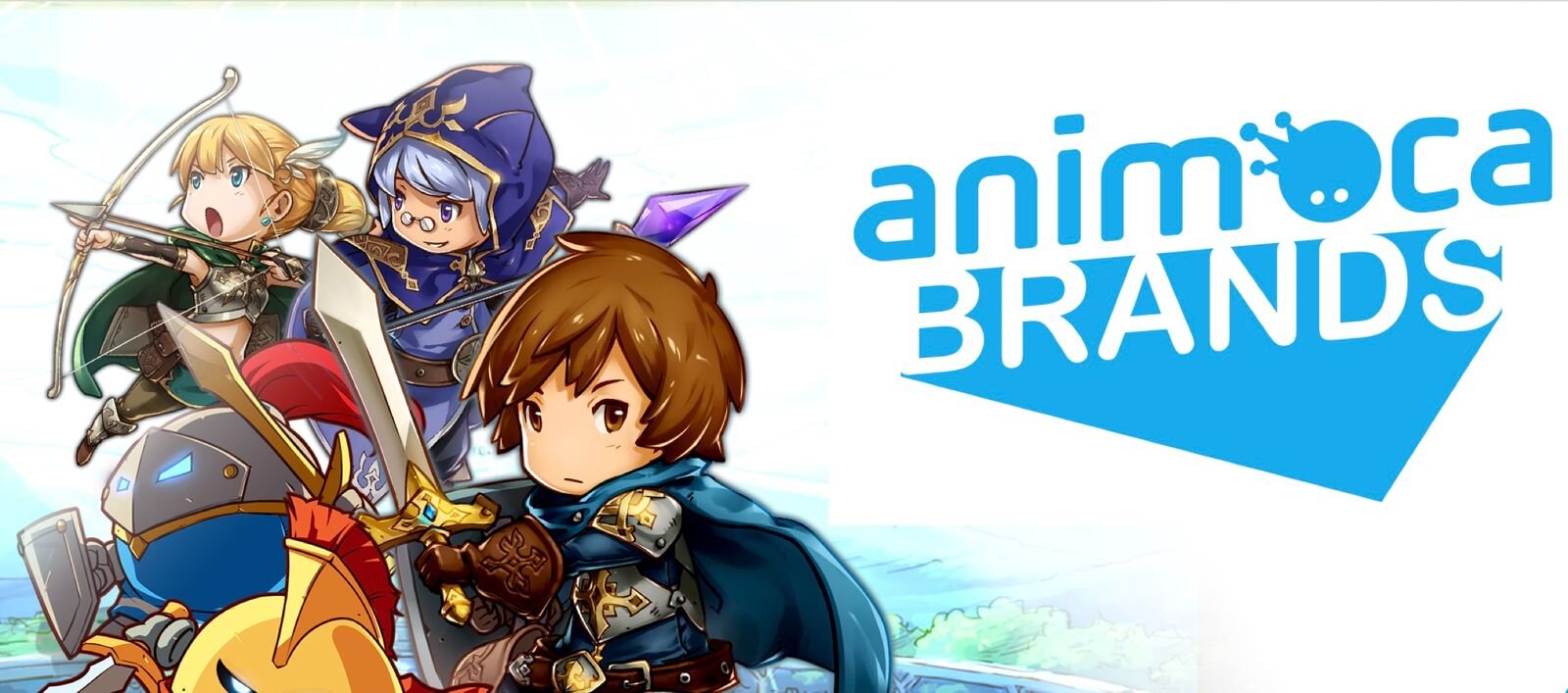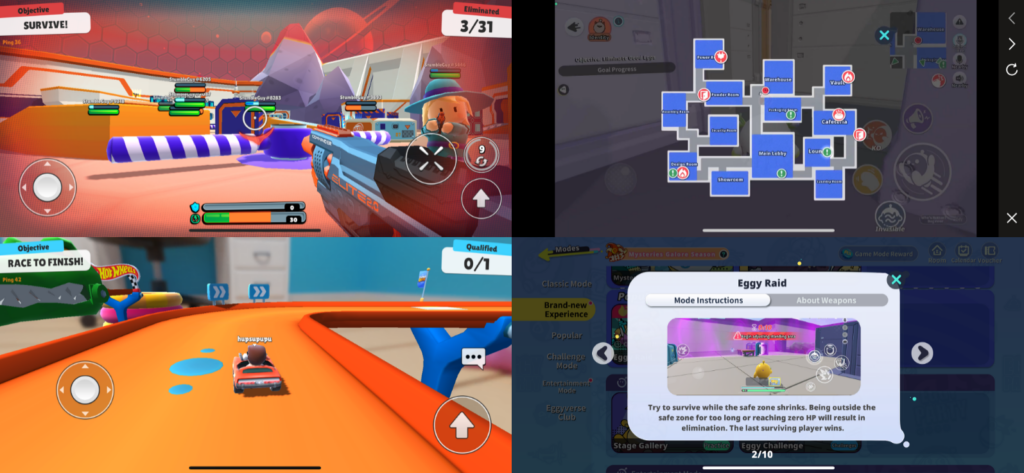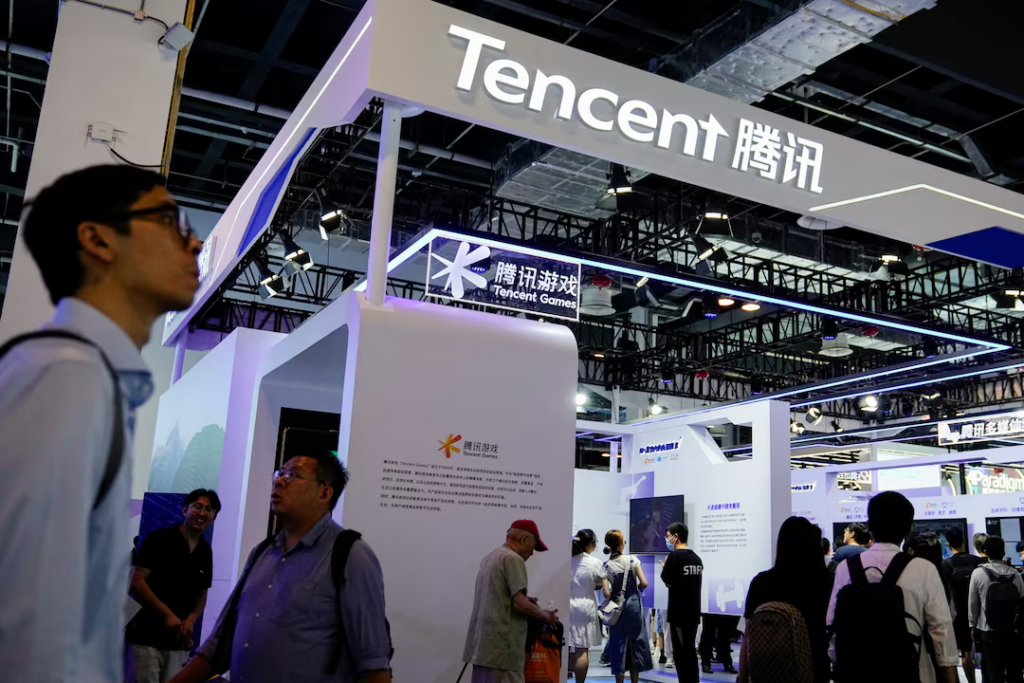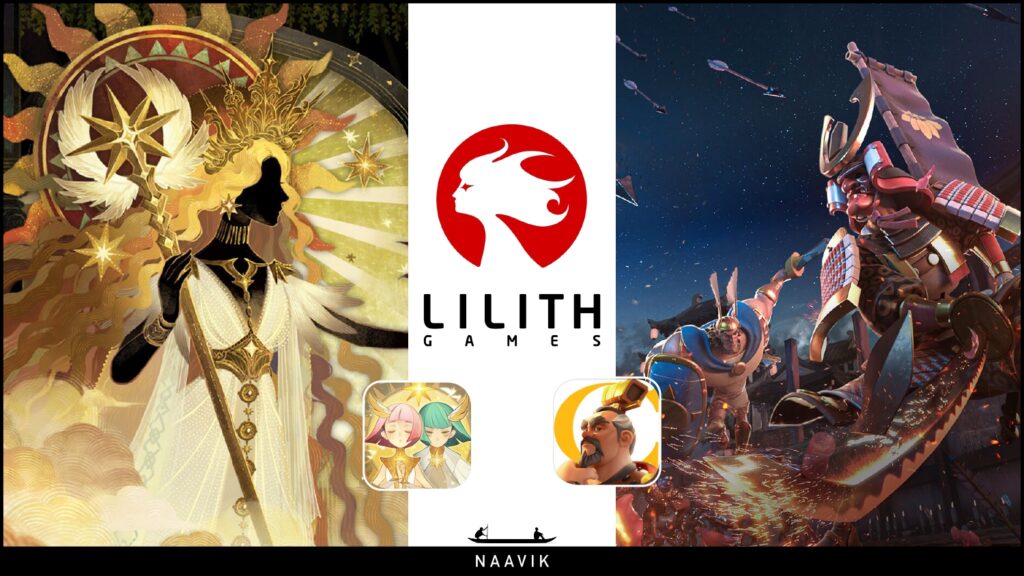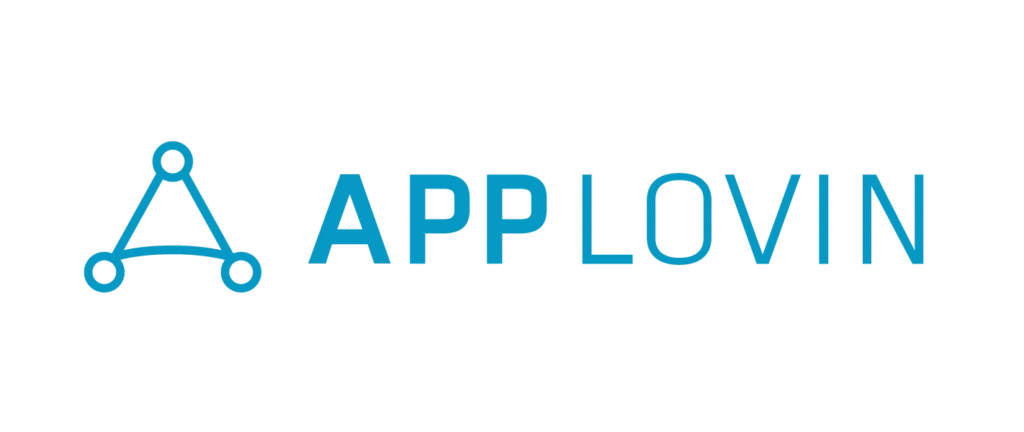Hi Everyone. Big news: Naavik is launching Premium Research! We’re starting with two service offerings: 1) Blockchain Games, and 2) Mobile Arcade+. Every month we’ll publish an institutional-level report for both services that provides both a comprehensive market update and a detailed game deconstruction.
-
Each monthly Blockchain Games report will cover notable trends in the industry plus a deconstruction of a particular project — including game design, economy design, token design, the future roadmap, potential challenges, our outlook, and key lessons.
-
In the Arcade+ reports we’ll provide market updates, rotating through three key subgenres: shooters, arcade sports / driving, and what we’re calling hypercasual + other (think platformers, shoot ’em ups, tower defense, etc.). These deconstructions will focus on games that are innovating and succeeding in new ways in the space.
Whether you’re making, publishing, supporting, or funding games, these research services are for you. Importantly, once your team is subscribed, you’ll also receive access to the full history of reports, which will grow over time.
The base price for each service will be $2,000 per month (or $20,000 per year if you purchase 12 months upfront). However, we’re currently looking for pilot customers who are willing to provide early feedback and shape the service. These pilot customers will receive a 40% discount over the first year and only pay $1,200 per month (or $12,000 for the year).
If you are interested in becoming a pilot customer for either of these reports (or both), please fill out this form and we’ll reach out shortly. Also, if you have requests for other research topics, want to work together, or have other questions / comments, please fill out the form, too.
Thank you, everyone! We’re excited to get this off the ground, help you better master the business of gaming, and share more updates soon.
Naavik Exclusive: Roundtable #17
In this Metacast episode, Aaron Bush, Matej Lancaric, and David Amor are joined by your host Nicolas Vereecke to discuss:
-
The Opportunity behind Blockchain Games
-
The rise of the Creator Economy and its implications for games
As always, you can find us on Spotify, Apple Podcasts, Google Podcasts, our website, or anywhere else you listen to podcasts. Also, remember to shoot us any questions here.
#1: Netflix Accelerates Its Gaming Push
Source: Game Rant
The Netflix x Games topic has been hot over the past couple months, not to mention filled with many bad takes! (Matthew Ball’s analysis was unsurprisingly the best.) That said, we’re now starting to see some action. Before diving into what’s new with Netflix, let me briefly recap Netflix’s motivations and strategy:
-
Netflix competes for all leisure time, not just TV / movie time. Therefore, games, which boast high levels of engagement and continue to steal time share, are a major threat / opportunity. At the same time, Netflix’s growth (namely, subscriber additions) has slowed and competition has increased.
-
Transmedia content ecosystems are emerging, and it’s likely that video and gaming (and beyond) come closer together.
-
Games will serve Netflix’s central subscription. Theoretically, adding games provides subscribers more content to interact with, less reason to spend time elsewhere, and therefore more reason to renew at growing prices. For better or worse, the starting point looks most like Apple Arcade (casual mobile titles with no microtransactions bundled together), although that should evolve. Also, breakout games may attract new subscribers just like hit shows do.
-
There are abundant challenges: establishing the creative process and tech stack for building games is hard / different, cloud gaming isn’t ready for prime time, app stores have annoying rules, bundled “free” games reduce economic upside, there’s competition (Game Pass), big acquisitions are tough to justify due to business model conflicts, etc.
-
There’s a spectrum of interactive entertainment; videos and games aren’t 100% binary. Bandersnatch was the tip of the iceberg, and we should expect more innovation around interactive video, massive interactive live events (MILEs), and more. Netflix’s existing advantages are a better fit for these projects.
-
My view: Gaming provides some level of existential risk, so it’s worth focusing on. However, it’s hard and will take time to get good at. Netflix is likely thinking many years out and has aspirations to create incredible games for its subscribers on world-class infrastructure. However, it can’t start there, and the focus on simpler games — mobile first, but soon cross-platform — is a smart way to get oriented, learn, start building, and buy time for better infrastructure to be built and for App Store rules to (hopefully) loosen. This means lots of hiring, occasional acquisitions, early licensing, and we should expect Netflix to also innovate other forms of interactive entertainment. Netflix won’t dominate games like it did video (especially early on), but it still may build a transmedia ecosystem over time that many will struggle to replicate.
I may be wrong about everything, but this makes general sense to me. So how does this connect with recent news? Let’s dive in.
First, Netflix announced it is soft-launching three more more mobile games — Shooting Hoops, Teeter Up, and Card Blast — in a handful of European markets on Android. This is in addition to two Stranger Things-branded games that are also available in those regions. Notably, these new games are entirely licensed, published under the Netflix name, and don’t have any tie-ins to existing Netflix IP. In short, Netflix is in learning mode, and these low-stakes additions will help it prepare for larger additions to come (also on iOS and elsewhere). Notably, this is similar to how Netflix started in video — licensed content published as originals that inform how Netflix can better build and run its own internal capabilities at an ever-growing scale.
Second, Netflix acquired its first game studio, Night School Studio. At a high level, I see the reasoning. Night School Studio is a relatively small team (21 people) with backgrounds in cross-platform narrative games. Much of the team came from TellTale and Disney, and the studio’s last game, Oxenfree, was a 2D interactive adventure story that published on eight platforms across console, PC, and mobile. Given Netflix’s mainstream audience, it should lean more into interactive storytelling versus hardcore gameplay (at least to start), and this provides it more internal talent to do so.
Lastly, Squid Game, the popular Netflix series that’s on track to be its top hit yet, is blowing up on Roblox. A few months ago, Netflix partnered with Roblox to create a Stranger Things experience, but what’s different this time is that the experiences are being driven by fans, not Netflix. This is more about Netflix’s ability to define the zeitgeist and little to do with its gaming aspirations. Just like social media is a mirror of what’s going on in the world, Roblox (and UGC in general) increasingly works that way too. Of course, this is only good for Netflix; sure, the experiences probably break a thousand copyright laws, but the activity is driving attention and likely sign-ups Netflix’s way. Even though Netflix is fully focused on internal video game efforts, it makes me wonder if the company should more closely partner with Roblox. After all, not only does Roblox maintain a huge, growing, and young audience that Netflix would also want over time, but Netflix won’t be able to replicate Roblox’s capabilities (and obviously vice versa). Therefore, there could be value — even a win-win — in simultaneously building its own internal games capabilities while more formally partnering with Roblox to benefit from what it will never own itself.
All in all, watching Netflix enter games is fascinating, not to mention figuring out how transmedia ecosystems could come together in general! The Netflix x Games narrative will likely ebb and flow as it naturally will take time for Netflix to scale anything meaningful up, but we’ll continue to watch closely and keep you updated of any big moves or new thinking. (Written by Aaron Bush)
#2: Animoca Brands Spotlight
Source: Pixowl
As long-time readers have probably noticed, we’ve been writing a lot about blockchain games these past few weeks. While the space is still in its infancy, the potential it has to bring on new consumers and expand its scope is massive. Among many of the blockchain companies we’ve been following, one that stood out to me these past few weeks is Animoca Brands. The company has a variety of NFT projects under development and also takes minority strategic investments in companies like Star Atlas, Axie Infinity, Dapper Labs — this is quite the investment portfolio for a company that’s only been in the space for three years. In some ways, Animoca Brands is a more active investor in web3 than the largest VC funds in the space.
Source: Animoca Brands
With 15 years of experience in F2P, Animoca Brands isn’t actually a new player to games – instead, they’ve leveraged their deep history and experience in the industry to become a licensee for third-party titles. Today, they acquire game studios with genre-specific expertise, sign licensing agreements, and build content into their studios’ games with NFT components. The strategy is interesting for a few reasons:
-
Licensing a brand means Animoca rides the coattails of existing brand equity. Where there might typically be a tremendous upfront UA marketing expense, the margins increase through organic discovery.
-
While this strategy is a lot like what Dapper Labs (TopShot) and Sorare do (licensing sports brands), Animoca is prioritizing NFTs with utility in games.
-
As a “brand” umbrella, Animoca is creating a playbook on how to launch and sustain games with new tools like blockchain (importantly, teaching developers and designers that this is a new tool they can leverage in building games). They’re ushering talent into the space and making investments in others doing the same.
At large, Animoca is a cauldron of experimentation. When you’re building the types of games Animoca builds, it’s difficult to predict the outcome — how long will secondary marketplace activity persist, can token value be sustained, how do you optimize live ops and metas in an NFT-based game? The unit economics across NFT royalty fees, licensing royalty payments, and development costs are also top of mind. And it’s ultimately the community that will hold them accountable. I’ll use their game REVV Racing, a racing game, as an example:
-
Rather than sell items in-game, REVV Racing seeded their early community by airdropping cars to their players. They’ve never actually sold anything and earn their money through royalties on the second-hand marketplace.
-
They think of themselves as “almost” F2P. To participate, players must purchase a car on OpenSea, but they can recoup that value later if they resell the car or use it as collateral.
-
Value is driven through utility, where usage abstracts the NFT from monetary value.
It’s unclear whether this model will work long term, but a sense of ownership, iterative game development, community feedback, and recoupable value on NFTs should engender longevity for their games. This will likely emerge as a new publisher model. While they employ a standard acquisition model where developers are compensated based on certain milestones, P&L, etc., the influence and outcome of the in-game token (which is also part of a compensation package), is germane to what they do. People who own assets will also evangelize the game. The same goes for the development team.
Earlier in May, Animoca raised $88M at a $1B valuation to continue making acquisitions and build against their digital property rights thesis (the crazy thing is that they probably own billions of dollars in equity / tokens in other projects, but those are likely in multi-year lockups). The next phase for the company will likely be to continue supporting a multi-chain world, help traditional game developers adapt to the new tools in blockchain gaming, develop community strategies, and build a robust and open ecosystem. (Written by Fawzi Itani, with special s/o to Robby Yung)
🎮 In Other News…
💸 Funding & Acquisitions:
-
Playco acquired HTML5 game engine PixiJS. Link
-
Netflix acquired its first game studio, Night School Studio. Link
-
Ramen VR raised $10M for its MMO. Link
-
Supersocial, led by Metacast member Yonatan Raz-Fridman, announced a $5.2M raise to build on Roblox. Link
-
Unlock raised $4M for blockchain subscriptions. Link
-
Firesprite (which recently joined PlayStation Studios) acquired Fabrik Games. Link
📊 Business:
-
Facebook announced a $50M fund for research to “build the metaverse responsibly”. Link
-
Sky Mavis’ plan to spur crypto adoption through gaming. Link
-
Gallium Studios had a public announcement for its upcoming game, Proxi, built using Forte’s infrastructure. Link
🕹️ Culture & Games:
-
Amazon’s New World launched and reached a peak of 700K concurrent users. Link
-
Gen Z wants to co-create the metaverse. Here’s how brands can make that happen. Link ($)
👾 Miscellaneous Musings:
-
A look at the number of EA titles across subscription services. Link
-
Wunderman Thompson’s “Into The Metaverse” trend report. Link
-
New World is Amazon’s biggest video game hope yet. Link ($)
-
Creative framework in the post-IDFA world. Link
-
Jackson Dahl thread on crypto, gaming communities, and adoption. Link
🔥 Featured Jobs
-
Mythical Games: Principal Economy Designer (Remote, US)
-
Immutable: Business Development Manager (Remote, US/EU)
-
Mythical Games: Lead Product Manger (SF, LA, Seattle)
-
Carry1st: Ad Monetization Manager (Remote, Global)
You can view our entire job board — all of the open roles, as well as the ability to post new roles — below.
Thanks for reading, and see you next week! As always, if you have feedback let us know here.



